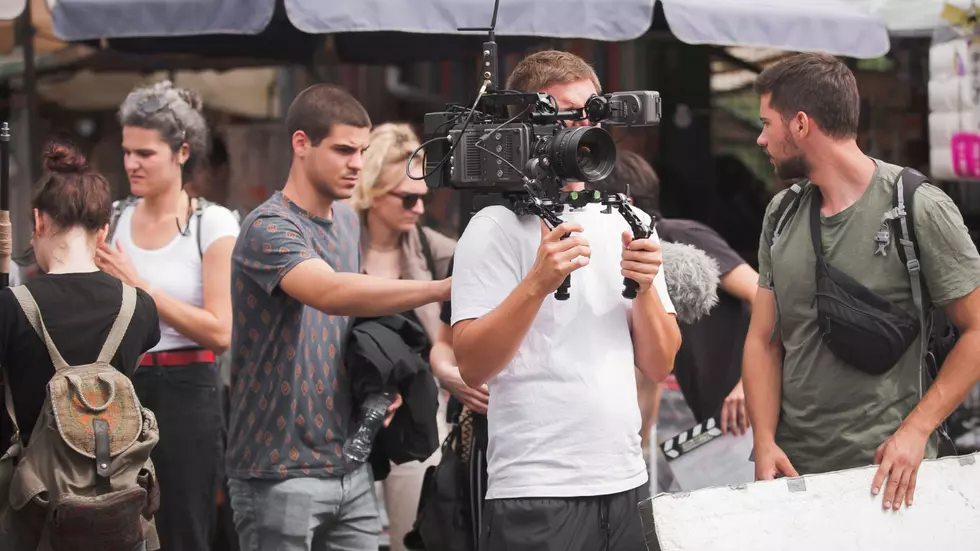
Trump Picks Sessions For Attorney General
NEW YORK (AP) -- President-elect Donald Trump signaled a sharp rightward shift in U.S. national security policy Friday with his announcement that he will nominate Alabama Sen. Jeff Sessions as attorney general and Kansas Rep. Mike Pompeo to head the CIA, turning to a pair of staunch conservatives as he begins to fill out his Cabinet.
Trump also named retired Lt. Gen Michael Flynn as his national security adviser. A former military intelligence chief, Flynn has accused the Obama administration of being too soft on terrorism and has cast Islam as a "political ideology" and driver of extremism.
Sessions and Flynn were ardent Trump supporters during the campaign, and their promotions were seen in part as a reward for their loyalty.
The selections form the first outlines of Trump's Cabinet and national security teams. Given his lack of governing experience and vague policy proposals during the campaign, his selection of advisers is being scrutinized both in the U.S. and abroad.
Trump's initial decisions suggest a more aggressive military involvement in counterterror strategy and a greater emphasis on Islam's role in stoking extremism. Sessions, who is best known for his hard-line immigration views, has questioned whether terror suspects should benefit from the rights available in U.S. courts. Pompeo has said Muslim leaders are "potentially complicit" in attacks if they do not denounce violence carried out in the name of Islam.
Pompeo's nomination to lead the CIA also opens the prospect of the U.S. resuming torture of detainees. Trump has backed harsh interrogation techniques that President Barack Obama and Congress have banned, saying the U.S. "should go tougher than waterboarding," which simulates drowning. In 2014, Pompeo criticized Obama for "ending our interrogation program" and said intelligence officials "are not torturers, they are patriots."
Transition officials said the president-elect's senior team would be carrying out Trump's policies, not their own ideas.
"Anyone's personal view isn't what matters," said Sean Spicer, a transition communications aide.
Trump did not appear, instead releasing a statement announcing his decisions. He has made no public appearances this week, holing up in his New York skyscraper for meetings. He is spending the weekend at his New Jersey golf club.
Sessions and Pompeo would both require Senate confirmation before assuming their designated roles; Flynn would not.
Most of Trump's nominees are expected to be confirmed relatively easily given the GOP majority in the Senate. However, potential roadblocks exist, particularly for Sessions, the first senator to endorse Trump and one of the chamber's most conservative members.
His last Senate confirmation hearing, in 1986 for a federal judgeship, was derailed over allegations that he made racist comments, including calling a black assistant U.S. attorney "boy" in conversation. Sessions denied the accusation, but withdrew from consideration.
More From KROC-AM









